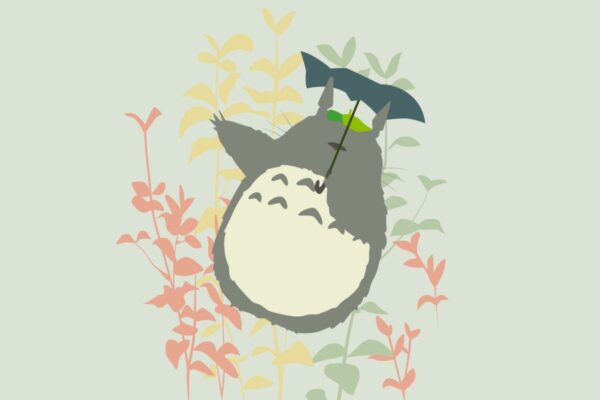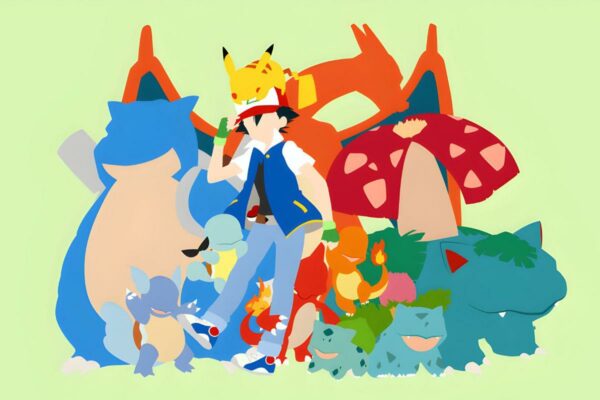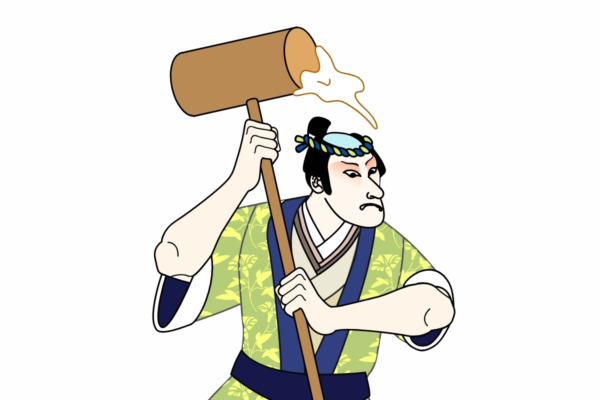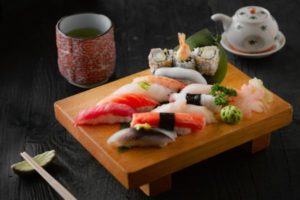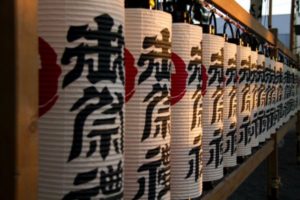The ordinary person knows Japan for being the birthplace of Sushi, Sumo wrestlers, and Mount Fuji’s home. However, it’s a shame that many of Japan’s traditions are either forgotten or given superficial thought. Unfortunately, some people’s obsession with Japan goes hand in hand with the reality that the cultural traditions of many Western countries have faded through time.
Yet, the main pillars of Japanese life are built with contrasting ideas. Moreover, the nation has emerged since the 1950s as a global economic and technological powerhouse whilst preserving its intricate, complex, and ancient cultural traditions. So, yes: although Sushi, Mount Fuji, and Sumo wrestling are all great subjects to dive into independently, many other ancient Japanese traditions are still alive and in practice today. Here are seven you may not be too familiar with as of yet:
Kabuki Theatre

If you are a theatre enthusiast, you’ve heard of Kabuki. If not, then you’re welcome! Kabuki theatre is an ancient form of Japanese art that can be dated back to the 13th century Edo period.
It is a colourful, decadent form of drama in which actors take on almost operatic characters to recount tales of love, conflict, and family values. Kabuki used to be performed only by women until the Tokugawa Shogunate banned females from acting, which resulted in men taking up the roles literally. Even now, men dominate this theatrical convention which emphasises Japanese traditions.
In the world of Kabuki, actors can still be seen to follow strict schedules, performing 11 months of the year, many of them daily from 11.00 AM to 10.30 PM. Moreover, as was practised in the Edo period, Kabuki actors are found in distinct families, some more well known than others, such as the highly-renowned Ichikawa family. Many times, specific roles in Kabuki storylines are inherited.
New Year Fires

When thinking of fires in the context of New Year, one may be limited to memories of fireworks booming throughout the night sky. However, in Japan, the night sky in many areas is illuminated by bonfire flames in traditions to grant those participating good luck in the coming year.
Various fire festivals (many under different names) occur during and particularly near the end of the year. These can be traced back to the Heian period, as members of the royal families and nobility burned bamboo for purification and divination.
Decorations and amulets are burnt at Shinto Shrines due to Kakizome (the first calligraphy done in the New Year) to send off Toshigami, the God of New Year, gracefully. Throwing them away, on the other hand, would be viewed as highly disrespectful. Therefore, this practice of “burning” the artefacts brings good fortune in the New Year to all who participate!
Traditions don’t have to be coupled with actions; they are also beliefs passed down from generation to generation. In Japan, there are several superstitious beliefs that the average tourist knows little about. Maybe, you’ve done or experienced something that was said to bring you a terrible fate or magnificent fortunes without even realising it!
Noticing a stalk pointed upright, similar to a small pole, in your cup while drinking tea is believed in many areas of Japan to bring good luck. This is known as Chabashira, meaning “tea pillar”.
Chabashira originated from the idea that poles are monumental for structure-building, to support homes and towers, so it is good luck to notice one when you’re drinking tea!

Adopting Adult Men

In 2017, 98% of all Japanese adoptions were employers adopting adult men as part of their staff, not children. In Japan, an ancient tradition stems from the nation’s civil code stipulating that the heir of a family business would be the son of the said family.
Therefore, if a family only had female offspring, it would be expected for the woman’s husband to be adopted for the business to remain within the domestic sphere. It is also not uncommon that trusted members of staff are adopted to handle family assets as well.
After World War II, this code changed, but the tradition continued. The current head of the Suzuki Corporation, 90-year old Osamu Suzuki, is the 4th adopted son of the Suzuki family.
Tetraphobia – “Four Fear”

Japan, including many Asian countries, have a superstitious fear of the number four (that’s right, four!). Tetraphobia is an ancient Greek belief that made its way to Japan from China like many other Japanese rituals and traditions.
The notorious four in Japanese sounds identical to Shi (死), which translates to death. The Japanese number chart has two words for four – shi & yon. As you guessed, shi is less common in Japan.
Among the daily life of many Japanese folks, four is avoided at all costs. Food or drinks servings often avoid a four-set whenever possible. Apartment blocks are commonly missing unit 4 based on Tetraphobia, including vast building and office blocks missing floors 40-49.
The British Medical Journal performed a specialised study linked to health issues on the fourth day of every month for a twenty-five year period. According to medical specialists, Japanese individuals have a 13% higher rate of heart failure occurring on the 4th day. Furthermore, California discovered a 27% surge in heart fatalities among Chinese and Japanese residents within the state alone.

Coming of age day, also known as “Seijin no Hi”, is a Japanese national holiday held on the second Monday of January. The holiday celebrates young Japanese adults reaching the age of 20 – the legal age of adulthood in Japan.
With more social freedoms and responsibility, those who turn 20 between April and April this year will attend local ceremonies held at regional government offices across Japan. Girls generally present themselves wearing traditional Japanese kimono’s. Boys in attendance have been seen to wear traditional clothing, although business casual like shirts and suits have been preferable in recent times.
Coming of Age Day dates back to the Edo period; it was not declared a national holiday until 1948.
Salt Tossing

Anyone who attended wrestling bouts during their visits to Japan may have noticed both wrestlers tossing salt across the ring while preparing for combat. The Basho tournaments, which take place over 15 days in January, March, May, July, September, and November, characterise Japan’s best Sumo wrestlers.
Salt has been thought to have cleansing qualities since ancient times. As they prepare for competition, both wrestlers toss salt into the air, cleansing the area as a sacred space. They also use the ring to ward off evil spirits and drink water to purify their bodies. Every action is a holy act, dating back to the sports original beginnings.
The origins of Sumo wrestling dates back 2000 years with a deep association to spiritual existence.










